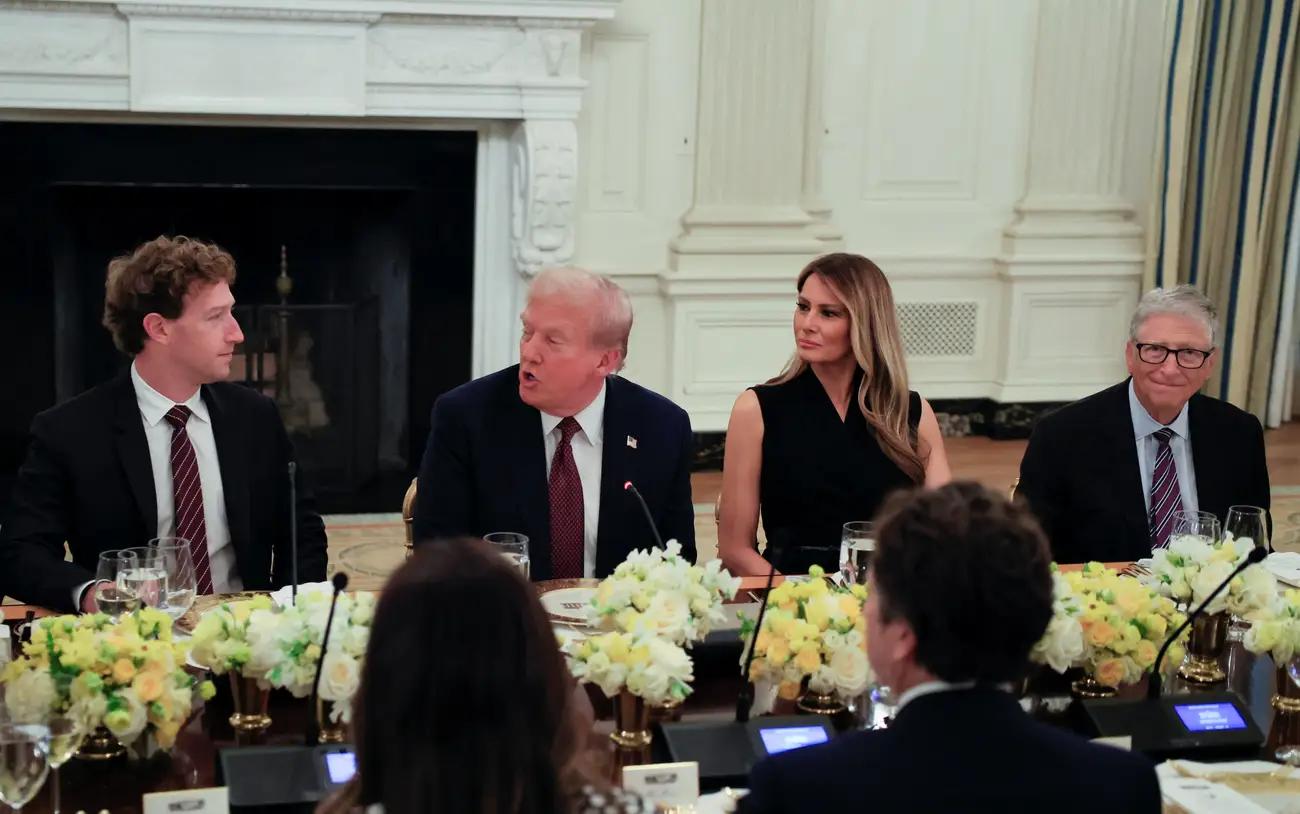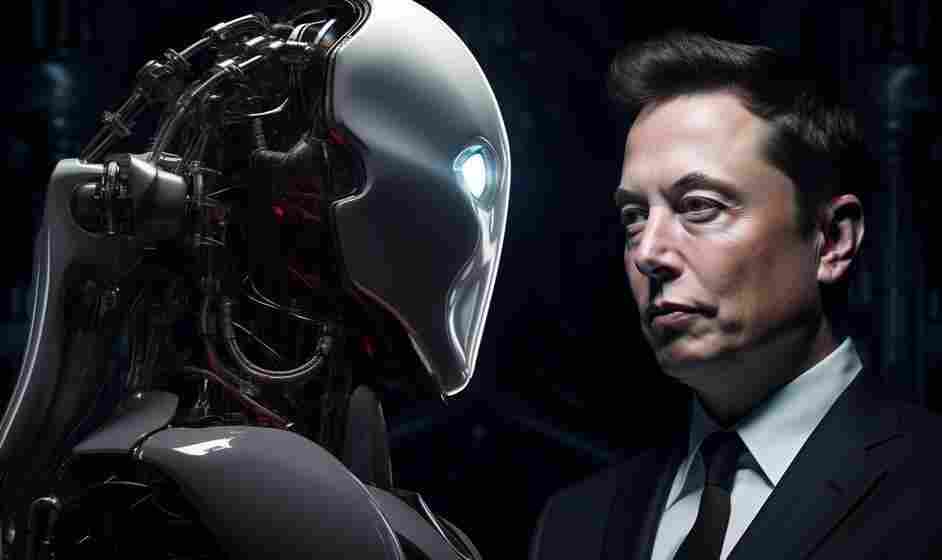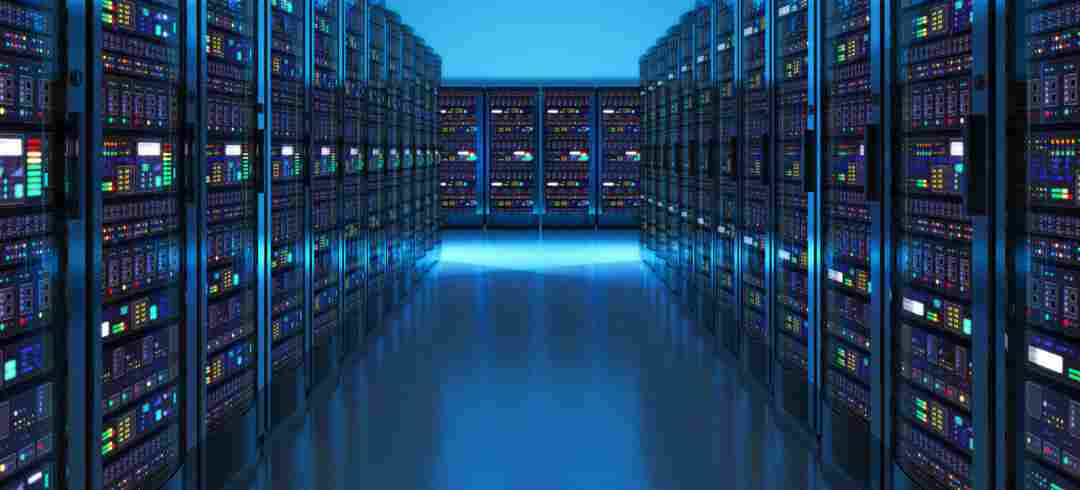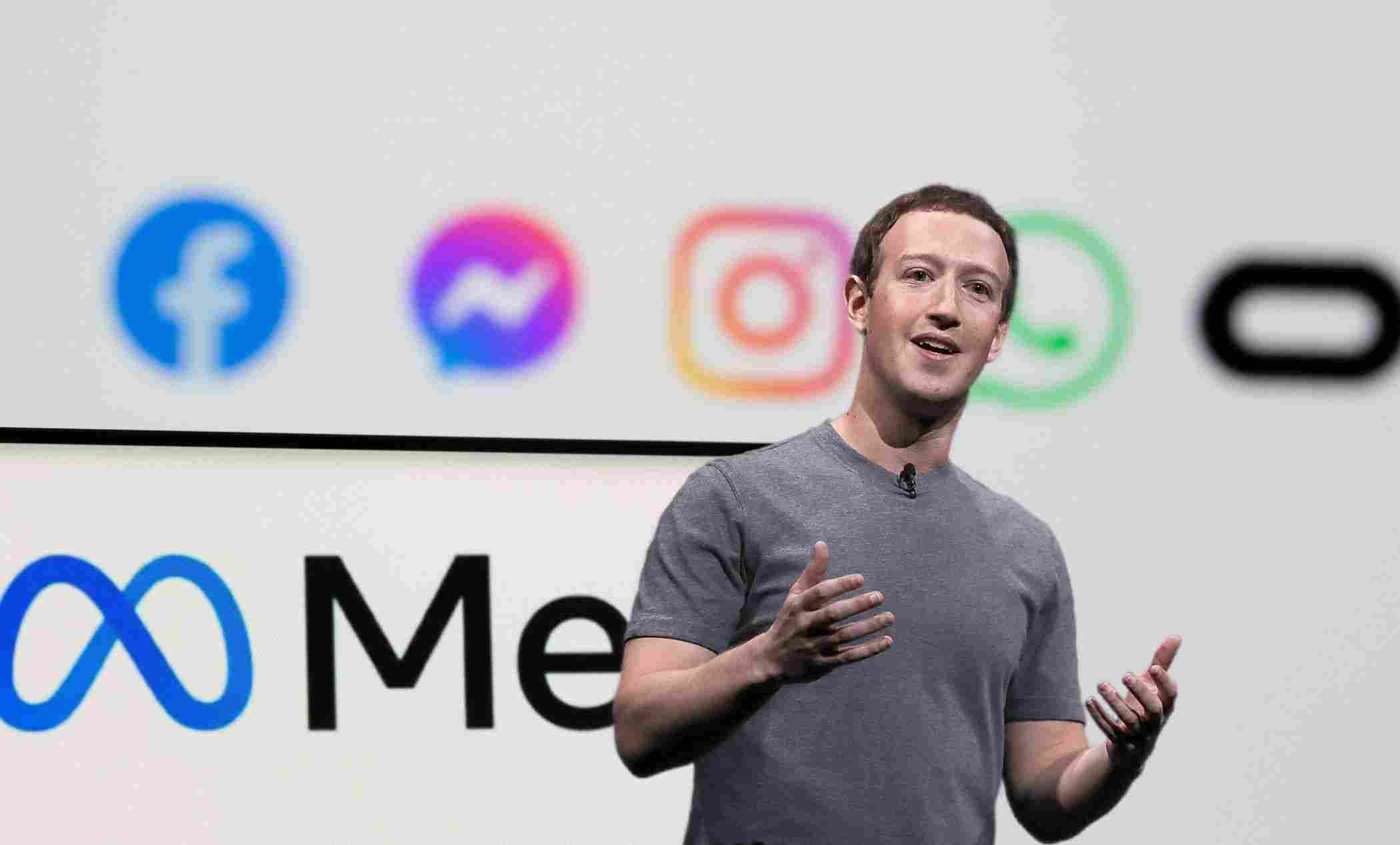
Washington, United States (Enmaeya News) — President Donald Trump hosted leaders from some of the biggest U.S. tech companies at a lavish White House dinner Thursday night, but one notable figure was missing: Elon Musk. Once a constant presence in Trump’s orbit, the Tesla and X CEO did not attend, signaling a sharp shift in the relationship between the two men.
The State Dining Room dinner included Meta CEO Mark Zuckerberg, Microsoft cofounder Bill Gates, Apple CEO Tim Cook, and OpenAI CEO Sam Altman. Trump praised the tech executives, while guests offered glowing remarks about his leadership and pro-business policies.
According to a pool report, the dinner featured more than 30 chairs, with attendees encouraged to speak about their work and contributions to U.S. innovation.
Musk, who had been integral to Trump’s so-called “department of government efficiency” and played a prominent role in dismantling federal agencies after the 2024 election, said on X that he had been invited but could not attend. He planned to send a representative.
The billionaire’s absence reflects a rupture in his relationship with Trump. The two feuded publicly earlier this year after disagreements over Trump’s ”One Big Beautiful Bill.”
While Musk’s influence has waned, other tech leaders have strengthened ties with the Trump administration. Cook, for instance, has pledged $600 billion in U.S. manufacturing investments and presented Trump with a 24-karat gold-plated gift during the dinner.
Zuckerberg praised Trump for fostering an environment conducive to data center investments and innovation.
Bill Gates emphasized the role of AI in healthcare and global development and thanked the president for his leadership despite past disagreements over foreign aid and global health funding.
Other prominent tech figures attending the dinner included:
Sam Altman, CEO of OpenAI, collaborating with the White House on “Project Stargate,” a $500 billion initiative to expand AI infrastructure with SoftBank and Oracle. Altman also announced a $200 million Department of Defense contract for AI tools supporting military and national security applications.
Sundar Pichai, CEO of Google, who highlighted a $1 billion U.S. investment in education and job training, including $150 million in AI-focused grants.
Alexandr Wang, former CEO of Scale AI, now Meta’s chief AI officer, heading Meta Superintelligence Labs.
Lisa Su, CEO of AMD, involved in negotiations with the Trump administration on GPU export levies to China.
Chamath Palihapitiya, founder of Social Capital and part of the “All-In” podcast, and David Sacks, White House AI and crypto czar.
Cameron Wilson, president of Code.org, overseeing grants from Google’s AI education fund.
Satya Nadella, Microsoft CEO, praised Trump for policies enabling global trust in U.S. technology.
The dinner showed how power in the tech world is shifting. Musk has pulled back from big political events, while other tech leaders are stepping in—shaping policy, joining government projects, and building closer ties with key politicians. At one point, Trump’s team thought about cutting Musk’s government contracts, but decided it would cause too many problems.
Even with his feud with Trump, Musk is still active. On X, he vents and shares right-leaning ideas, showing he still has influence, even if he’s no longer part of Trump’s inner circle.
Overall, the evening highlighted a change in Washington’s tech scene. Musk, once at the center, is now sidelined, while other executives are taking bigger roles. The dinner mixed politics with recognition of U.S. tech investments and offered a look at how billionaire influence is shifting in the country’s capital.






